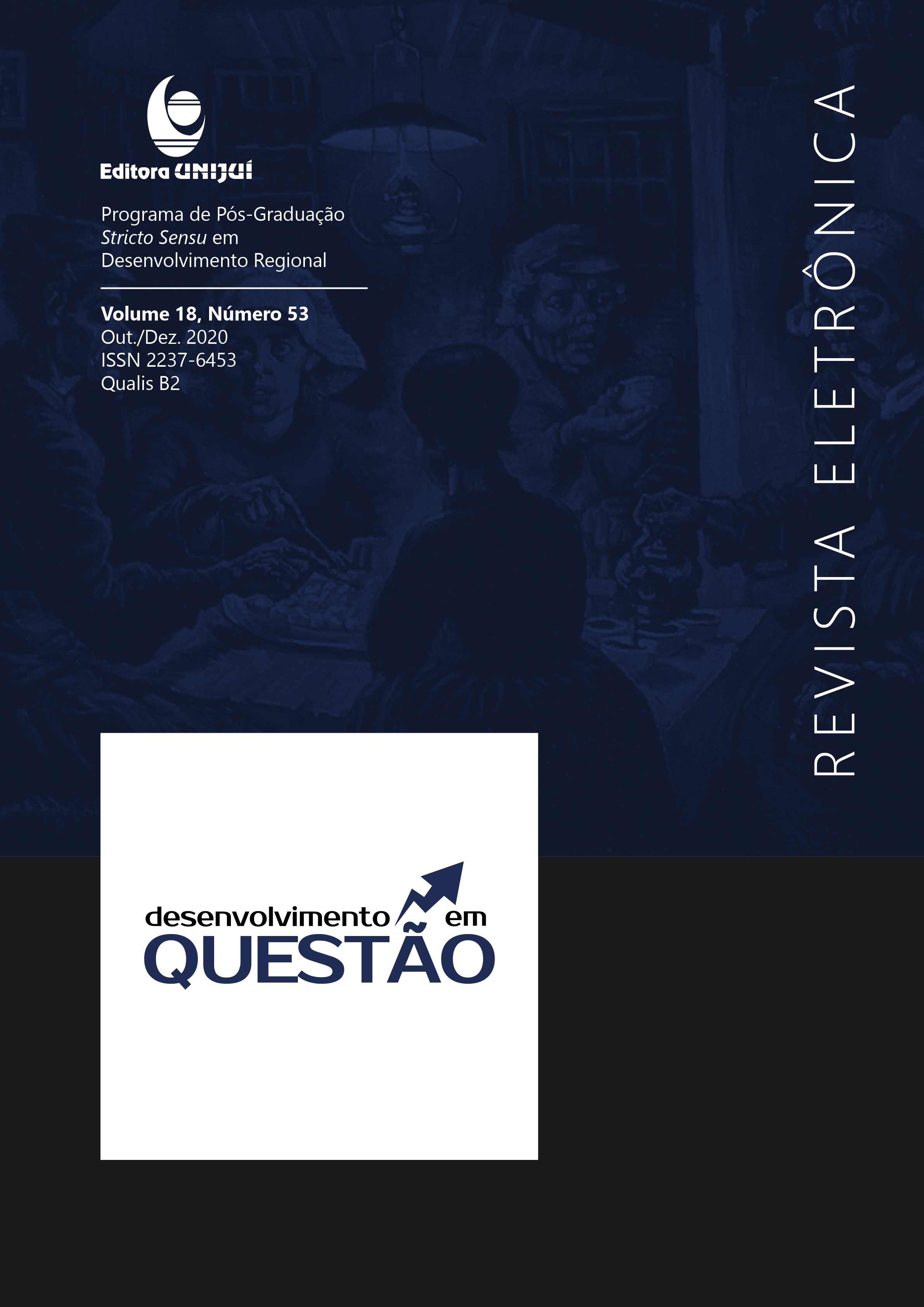Aposentadoria Especial no Âmbito dos Regimes Próprios de Previdência Social sob a Ótica da Súmula Vinculante nº 33
DOI:
https://doi.org/10.21527/2237-6453.2020.53.408-426Palavras-chave:
CONSTITUIÇÃO FEDERAL, REGIME PRÓPRIO DE PREVIDÊNCIA SOCIAL, SERVIDOR PÚBLICO, APOSENTADORIA ESPECIAL, SÚMULA VINCULANTE Nº 33Resumo
A Previdência Social é direito fundamental garantido pela Constituição Federal, de forma que existe previsão legal de aposentadoria especial aos segurados que laborem em condições que prejudiquem a saúde e integridade física. Em virtude da mora legislativa do Governo em editar a lei complementar que regulamenta aposentadoria especial, os servidores públicos abrangidos pelos regimes próprios passaram a ingressar junto ao Supremo Tribunal Federal a fim de garantir direito ao gozo da aposentadoria especial. Nesse sentido, o objetivo deste estudo foi analisar o panorama atual da aposentadoria especial no âmbito dos regimes próprios. Para tanto, foi realizado um estudo bibliográfico, de método dedutivo e exploratório, através da pesquisa qualitativa. Trata-se de uma pesquisa documental, que analisou, além de, livros e artigos, legislações e normas. Como resultado, pode-se identificar que a aposentadoria especial teve resolução através do Poder Judiciário e não do Poder Legislativo e Executivo, que seria o caminho correto. A normatização, através da súmula vinculante, sanou de forma urgente a mora legislativa e deu aos servidores o direito de gozar aposentadoria. A súmula vinculante garantiu igualdade de direitos a todos os segurados, mas não considerou as questões financeiras e atuariais dos regimes próprios, juntamente ao princípio da contrapartida.
Downloads
Publicado
Como Citar
Edição
Seção
Licença
Ao publicar na Revista Desenvolvimento em Questão, os autores concordam com os seguintes termos:
Os trabalhos seguem a licença Creative Commons Atribuição 4.0 Internacional (CC BY 4.0), que permite:
Compartilhar — copiar e redistribuir o material em qualquer meio ou formato;
Adaptar — remixar, transformar e criar a partir do material para qualquer fim, inclusive comercial.
Essas permissões são irrevogáveis, desde que respeitados os seguintes termos:
Atribuição — Atribuição — os autores devem ser devidamente creditados, com link para a licença e indicação de eventuais alterações realizadas.
Sem restrições adicionais — não podem ser aplicadas condições legais ou tecnológicas que restrinjam o uso permitido pela licença.
Avisos:
A licença não se aplica a elementos em domínio público ou cobertos por exceções legais.
A licença não garante todos os direitos necessários para usos específicos (ex.: direitos de imagem, privacidade ou morais).
A revista não se responsabiliza pelas opiniões expressas nos artigos, que são de exclusiva responsabilidade dos autores. O Editor, com o apoio do Comitê Editorial, reserva-se o direito de sugerir ou solicitar modificações quando necessário.
Somente serão aceitos artigos científicos originais, com resultados de pesquisas de interesse que não tenham sido publicados nem submetidos simultaneamente a outro periódico com o mesmo objetivo.
A menção a marcas comerciais ou produtos específicos destina-se apenas à identificação, sem qualquer vínculo promocional por parte dos autores ou da revista.
Contrato de Licença (para artigos publicados a partir de 2025): Os autores mantêm os direitos autorais sobre seu artigo, e concedem a Revista Desenvolvimento em Questão o direito de primeira publicação.











